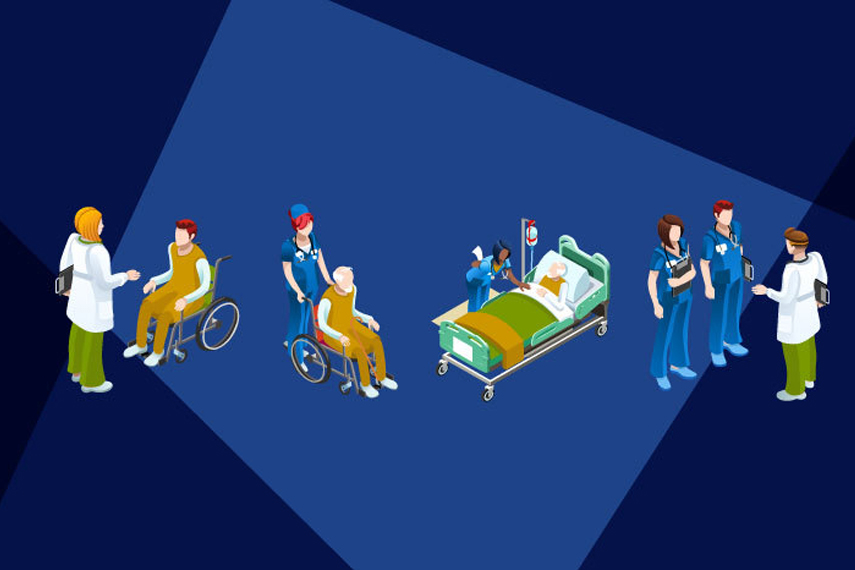
Nursing, nursing skills, fundamentals, basics
Fundamentals of Nursing
Fundamentals of Nursing is the first nursing class you will take to begin the nursing program. The skills you learn in this course will provide the foundation for the many nursing responsibilities you will assume throughout your career as both a nurse and a student.

Bed Making, Fanfold, Mitered corner, Toe pleat, Foot drop, Bed cradle, Hospital bed
Bed Making
The technique of preparing different types of bed making patients / clients comfortable in his/ her suitable position for a particular condition. This is to promote clients comfort and provide a clean environment. It also provide a smooth, wrinkle- free bed foundation, thus minimizing sources of skin irritation. It will conserve the clients energy and maintain current healthy status and also prevent or avoid microorganisms to come in contact with the patient which could cause tribulations.

communicable disease, Bacteria, Virus
Communicable Disease
Patient safety awareness is a crucial aspect of the health care system. So the understanding of communicable disease is much important for caregivers. A communicable disease is caused by an infectious agent that is spread from person to person, either directly or indirectly. In their practice, nurses may accidentally or inadvertently transmit a communicable disease to clients.

intravenous, intramuscular, subcutaneous, intraosseous, intradermal
Injections
This lessons teach Injection Techniques and Clinical Skills Guidance. Injections are the art of giving medications through the use of a needle and syringe. There are several different routes for giving an injection and are often subject to the desired therapeutic effect and the patient’s safety and comfort. Injections are usually used when a rapid action is required, if the drug is altered by intestinal sections or cannot be absorbed by the alimentary tract, when the patient is unable to take the medication orally or the drug is not available in an oral form.
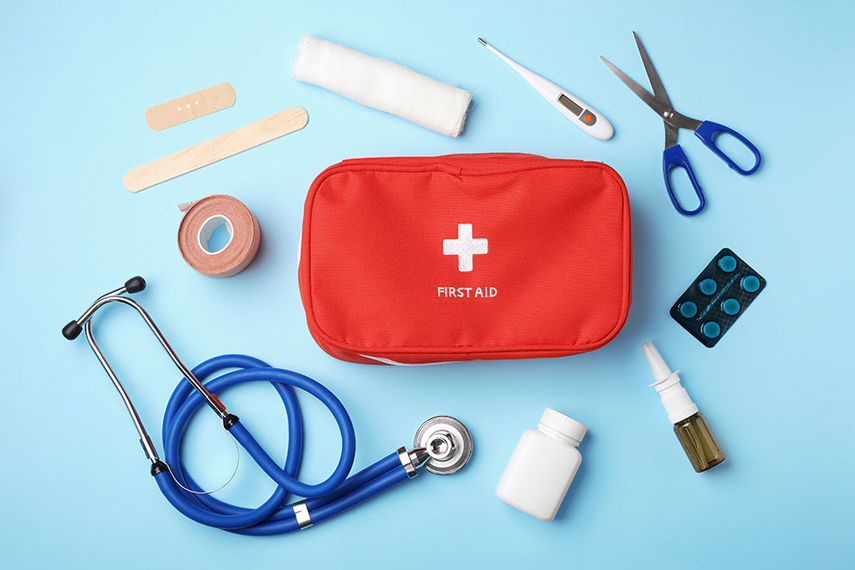
First aid, short-term treatment, one-time treatment
First Aid
First aid refers to medical attention that is usually administered immediately after the injury occurs and at the location where it occurred. It often consists of a one-time, short-term treatment and requires little technology or training to administer.

viva, exam, lab, practical
Practical and Viva
We conduct practical and viva for all students. Medical viva is oral form of assessment of medical students. Viva helps to assess the competencies such as communication skills and professional attitudes which are essential to a medical graduate. Viva test delineates the limit of a candidate's knowledge and understanding of a particular subject/topic being tested.

ability, skills, test
Internal Assessment
We always conduct internal assessment that involves the continuous and periodic assessment of students' abilities and skills by their teacher/instructor. It is planned during curriculum development and aims to test skills that cannot be assessed through written exams alone.
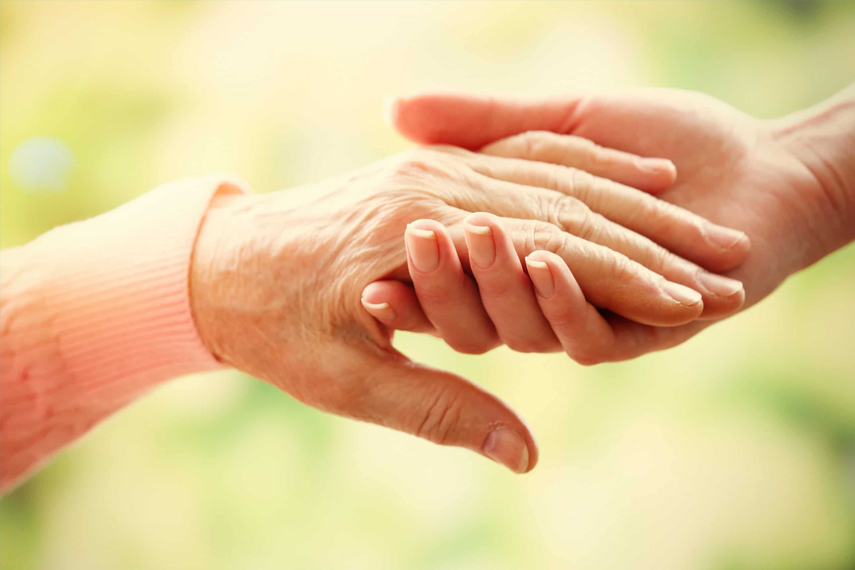
caregiving, caregiver
Introductions of caregiving
At BVM Institute, we even go a step further and ensure that our caregivers have the qualifications and the personality to care for seniors. We’ve found that the best caregivers are patient, empathetic, dependable, and flexible. But these are just some of the caregiver qualities we look for. Additionally, we provide ongoing training to make sure that our caregivers are always up-to-date on best practices.
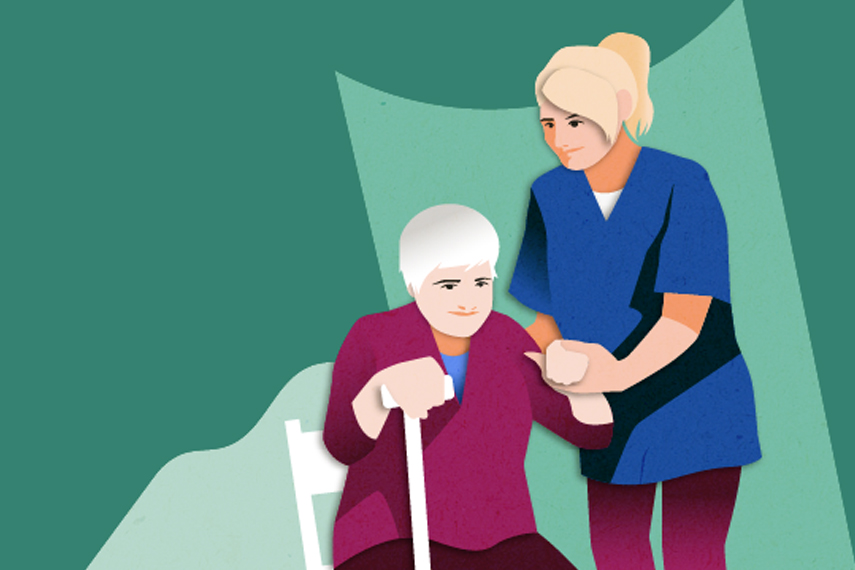
caring Elders,caring patients, elder's needs
Understanding the needs of patients, Elderly people, and individuals with disabilities
Persons with disabilities need access to the same services and opportunities as those without a disability. Like that an elderly person need access to the same services and opportunities as a younger person. In our institute, we teach the students, the important of giving care to patients, Elderly people, and individuals with disabilities.

Communication, skill, emotions, care, responses
Communication skill for care givers
In our institute, We provide our students good communication skills. Constructive and effective communication is key to success. When communication is clear, assertive and constructive, it will be more likely to be heard and get the responses. To accomplish that, We make our students to have patience and control conflicting emotions. Their stress level and added responsibilities are going to make it harder to stay focused.
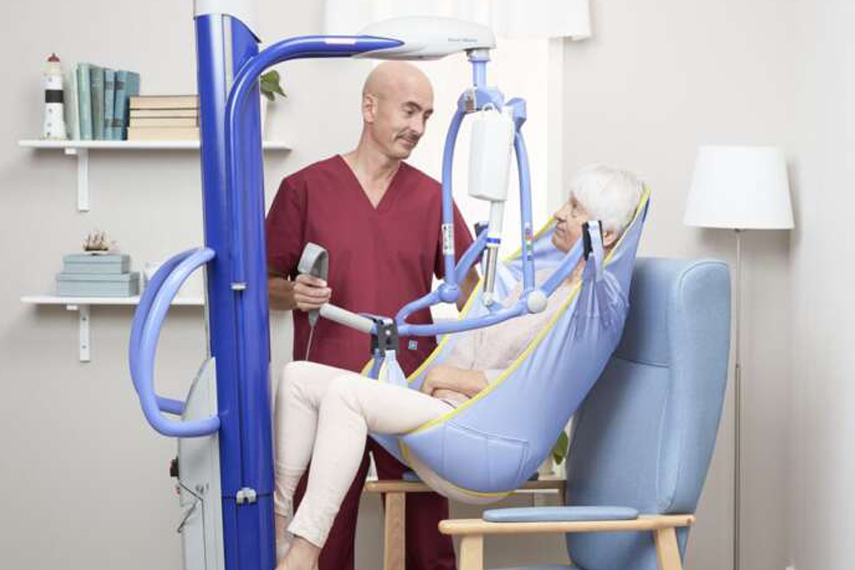
Patient safety, mobility
Patient safety and mobility
Safe patient handling and mobility involves the use of assistive devices to ensure that patients can be mobilized safely and that care providers avoid performing high-risk manual patient handling tasks.

Care, ADL, assisting
Assisting with activities of daily living
In this lesson, we teach our students to Assisting with Activities of Daily Living (ADLs). It including bathing, dressing, grooming, toileting, mobility. Depending on the clients' abilities, they may need assistance with self care activities, such as bathing or toileting. This may be something students haven't had to assist with before.
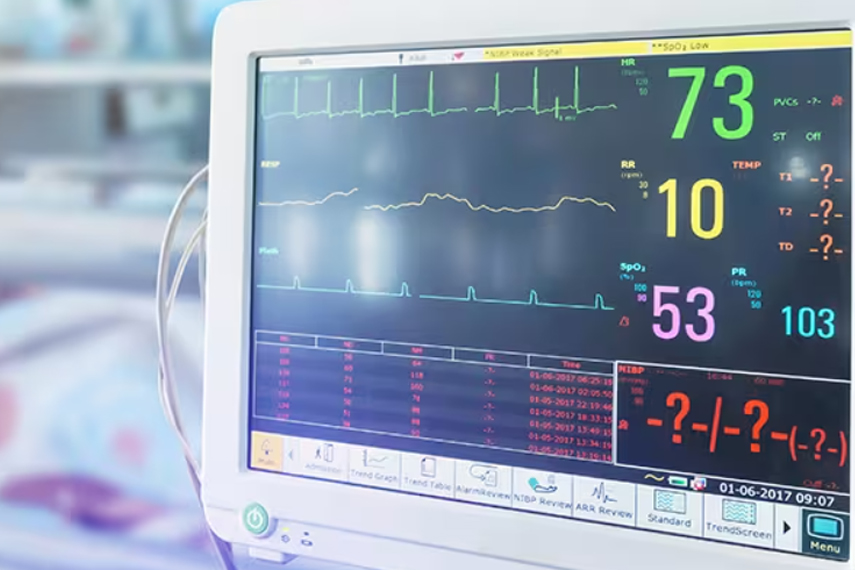
Pressure, temperature, pain, pulse rate, heart rate
Vital signs monitoring
Vital signs, by definition, are a person’s temperature, pulse/heart rate (HR), respiration rate, blood pressure (BP), and pain level. A person’s vital signs reflects his or her respiratory function, cardiac stability, and hemodynamic status. Changes in vital signs can indicate disorders such as hypertension (high BP), hypotension (low BP), dehydration, respiratory distress, hypoxemia (low O2 levels), tachycardia (increased pulse), and bradycardia (low HR).

dementia, memory loss, thinking problem, social abilities
Care of patients with dementia
Caring for a person with dementia isn’t just one person’s job, but the role of many people who share tasks and responsibilities. In our institute, we teach our students how to care a person with dementia. Same time we teach them to Manage their own stress while caring and maintaining a clean and healthy environment for the person with dementia. Also teach them how to communicate with dementia people, because as dementia progresses, the person may find it increasingly hard to express themselves and understand others.

procuring, supplying, storing, compounding, manufacturing, prescribing, dispensing, administering, monitoring
Medication Management
We teach the Nurses' responsibility for medication administration that includes ensuring the right medication is properly drawn up in the correct dose, and administered at the right time through the right route to the right patient. Safe processes and practices are required for all activities in the medication management pathway. These activities include procuring, supplying, storing, compounding, manufacturing, prescribing, dispensing, administering and monitoring the effects of medicines.
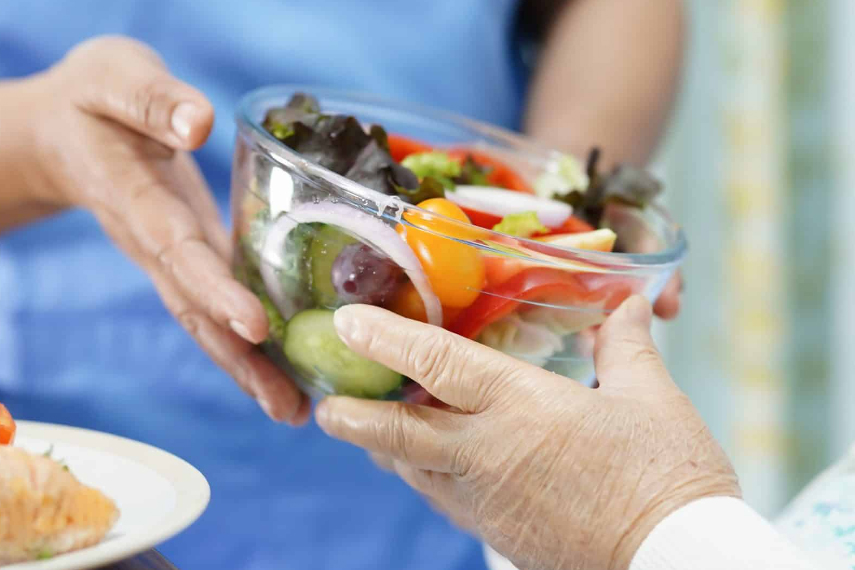
Nutrition, hydration ,healthcare
Nutrition and Hydration
Nutrition and hydration are fundamental aspects of healthcare, especially in the care of older people, particularly those in hospitals or in long-term care facilities. Worldwide, nurses are 'best-placed' coordinators of interdisciplinary nutritional management and care processes. Our institute also aims to make our students 'best-placed' coordinators of interdisciplinary nutritional management.

Infection, healthcare, protection, prevention
Infection Control
Infection control prevents or stops the spread of infections in healthcare settings. Healthcare workers can reduce the risk of healthcare-associated infections and protect themselves, patients and visitors. In this session we teach different infectious diseases such as viral, bacterial, parasitic or fungal infections. Also we teach our students the basic infection prevention measures to prevent infection.

Nursing care, Hsopital, Care, healthcare
End of life care
End-of-life care is health care provided in the time leading up to a person's death. End-of-life care can be provided in the hours, days, or months before a person dies and encompasses care and support for a person's mental and emotional needs, physical comfort, spiritual needs, and practical tasks. Nurses are obligated to provide care that includes the promotion of comfort, relief of pain and other symptoms, and support for patients, families, and others close to the patient. Our institute aims to make such caregivers to the society.


